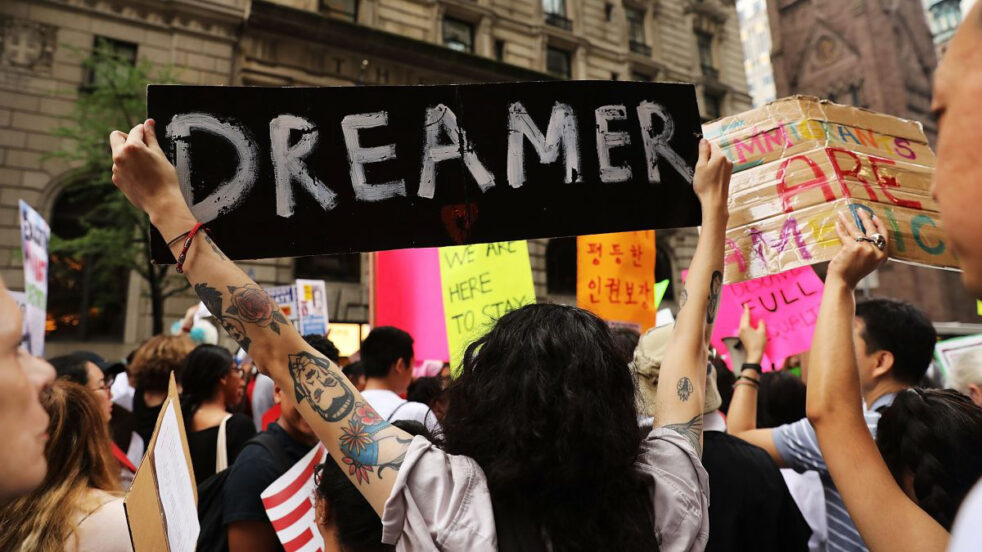October 13th, 2020 marks the 10th anniversary of Georgia Board of Regents Policies 4.1.6 and 4.3.4. These two policies ban undocumented students in Georgia (yes, DACA students, too) from admission to Georgia’s top universities (yes, Georgia Tech is one of those universities) and from in-state tuition throughout the state.
Maybe you’ve heard of these bans, and maybe you’ve heard how wrong it is that undocumented students pay taxes and fund the universities they are barred from attending. But guess what? This is not why you should care about undocumented students who are banned from Georgia Tech.
The real reason why you should care about this issue is that you probably know an undocumented student. In Georgia alone, there are roughly 22,000 DACA recipients, and each year, more than 5,000 undocumented students graduate Georgia public high schools. Maybe you played soccer together or lived in the same neighborhood. Maybe they were the smartest kid in your high school algebra class or your best childhood friend. Whatever the reason, this person was a part of your life and a part of your community.
You should care because denying someone the right to an education is not solely an issue of economics, but an issue of human rights. Article 26 of the Universal Declaration of Human Rights protects the right to free childhood education, including the right to higher education based on merit. In 1982, the US Supreme Court ruled in Plyler v. Doe that regardless of immigration status, all young people have the right to free K-12 public education in the United States. Throughout your elementary and secondary education, undocumented students were your classmates. But due to the Board of Regents’ bans, undocumented students do not have equal access to public universities in this state. While Tech students have the opportunity to become engineers, physicists, doctors, lawyers, and so much more, undocumented students do not. Let that sink in. No amount of academic merit or scholarship funds will allow them to sit in the seat next to you in Georgia Tech’s classrooms.
Recently, I spoke to a 27-year old DACA recipient named Gabriela. She shared with me the following: “When I was in high school, my counselor told me that due to my immigration status, I couldn’t go to college. I was so unmotivated to finish high school that I dropped out. After DACA was announced, I went back to high school and thrived. When I graduated, I felt that with DACA, maybe I would have more options for college. But without access to federal financial aid, I could not afford to pay out-of-state tuition rates at Georgia’s public universities. Desperate, I looked for more options and found Freedom University, a freedom school for undocumented students like me. It was at Freedom University that I learned about the Board of Regents policies. Although I may never go to college because of these bans, I now work at Freedom University, where I fight to repeal Policy 4.1.6 and 4.3.4 so that younger undocumented students can have hope, but undocumented students need the help of their peers, to fight alongside them.”
Despite living in Georgia for twenty years, Gabriela still cannot attend Georgia Tech. Policies 4.1.6 and 4.3.4 are not only failing undocumented students, but they are also failing all of us, and it is our responsibility to change these unjust policies. Georgia Tech is our community, and we have the power and privilege to help make a difference. On the ten year anniversary of these bans, take the time to educate yourself on these bans, get involved with community organizations like Freedom University, and tell the Board of Regents to end the educational segregation of undocumented students from our campus and uphold everyone’s human right to education.
